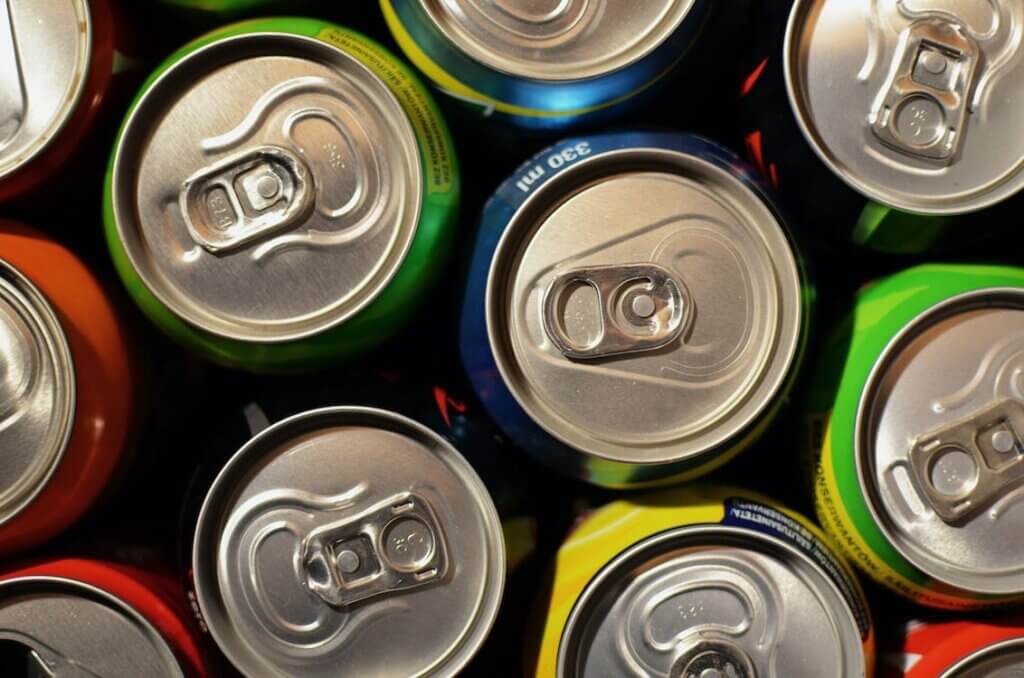Alongside gasoline engine exhaust and radiofrequency waves from cell phones, aspartame, the sweetener found in diet sodas and many sugar-free foods, is now categorized as “possibly carcinogenic.” The decision, made by the World Health Organization (WHO) International Agency for Research on Cancer (IARC), has gotten a lot of attention.
We spoke with Timothy R. Rebbeck, PhD, an expert in cancer prevention at Dana-Farber, to put the categorization into perspective when it comes to everyday choices like, should you have that diet soda…or not?

What was your reaction to the news that aspartame is now categorized as possibly carcinogenic?
The most important thing to know is that this categorization isn’t meant to be a public health message. The IARC is an organization that specializes in cancer research for cancer prevention. It directs us as scientists to want to do more research. This categorization drives good science because science is supposed to evolve and point to places where we might benefit from learning more.
Should the IARC decision change the way people behave day-to-day?
I don’t think this decision should change day-to-day behaviors like drinking diet soda or consuming foods that include aspartame. According to the WHO committee that sets safe limits for food additives, you’d have to drink an awful lot of diet soda, more than a dozen cans a day every day for an average adult, to exceed recommended safe limits of aspartame.
Did you know? IARC categorizes substances into tiers based on the certainty of the evidence. Ratings do not reflect the level of risk associated with exposure. For example, exposure to radiation and drinking alcohol are the same rating even though exposure to radiation at low doses poses a much higher risk.
| Group 1 | Causes cancer in humans | Smoking tobacco, drinking alcohol, solar radiation, ionizing radiation |
| Group 2A | Probably causes cancer in humans | DDT, consuming red meat, consuming processed meat, emissions from high-temperature frying |
| Group 2B | Possibly causes cancer in humans | Gasoline engine exhaust, radiofrequency waves, lead, aspartame |
| Group 3 | Not classified due to inadequate evidence | Drinking coffee, mercury |
I’m worried about cancer. Shouldn’t I do something?
If you are worried about your risk of cancer, you might consider focusing on changes that will really make a difference to your health and cancer risk. For example, you can reduce exposure to those category 1 carcinogens, which are much more worrisome than aspartame. Don’t smoke (or use resources to help you quit), avoid eating processed meats when possible, cut down on consuming red meat, and be careful about sun exposure.
Safe limits of aspartame: Since 1981, JECFA (the Joint WHO and Food and Agriculture Organization’s Expert Committee on Food Additives) has set the safe limit for aspartame to be 40mg/kg. A typical 12-ounce can of diet soda contains about 200 mg of aspartame.
For an adult weighing 150 pounds, that’s the equivalent of about 17 cans of diet soda per day.
The organization re-evaluated the limit in parallel with the IARC evaluation of aspartame and reaffirmed the existing acceptable limit.
I thought aspartame was safe. Why is this link to cancer coming up again?
Aspartame is one of the most studied food additives in the human food supply. Based on all that research, organizations like the U.S. Food and Drug Administration and JECFA have deemed it safe at limited levels.
There hasn’t been a lot of evidence suggesting an increased risk of cancer among people who reported consuming foods and beverages containing aspartame. In fact, this is the first time that IARC has evaluated aspartame as a possible carcinogen.
There have been a few studies that have shown a slight increased risk for certain cancers among people who reported that they use artificial sweeteners. Some studies of aspartame in rodents have also suggested that aspartame could have carcinogenic effects in animals, though findings have been controversial.
There isn’t a huge amount of new data, but the new data was enough for IARC to say, “Hmm, let’s review the evidence.”
I am specifically worried about artificial sweeteners. Is there one that is better?
When it comes to artificial sweeteners, we know the most about aspartame. It has been approved by the U.S. Food and Drug Administration for use in food and beverages for over forty years. The other newer substances have not been studied as much or for as long, so we don’t know as much about their association with cancer.
Sugar is an option. It is not, in and of itself, carcinogenic. But sugar intake is associated with obesity and diabetes and other metabolic disorders. In addition, obesity is strongly associated with a risk for cancer.
If you want to reduce your risk as much as possible, you might consider drinking water or an unsweetened drink. There are a lot of flavored waters and seltzers out there that don’t contain any artificial sweeteners or sugars.

Good to know, thankyou
Thank you so much for this very informative information. It was written, so it was very easy to understand for them non-medical professional.